
Prior to joining the Sabin Center, Cynthia served as Chief of the Investor Protection Bureau for the New York State Office of the Attorney General. Under her leadership, the Bureau recovered over $850M on behalf of New York investors, and achieved groundbreaking results in electronic trading and cryptocurrency matters. Previously, she was a litigation partner at the firm Bleichmar Fonti & Auld LLP.
Cynthia serves as a Trustee and Chair of the Audit Committee of Wave Hill, a public garden and cultural center in the Bronx. She is a graduate of Columbia Law School, where she was a Harlan Fiske Stone Scholar, and Duke University, where she received the William J. Griffith University Service Award.
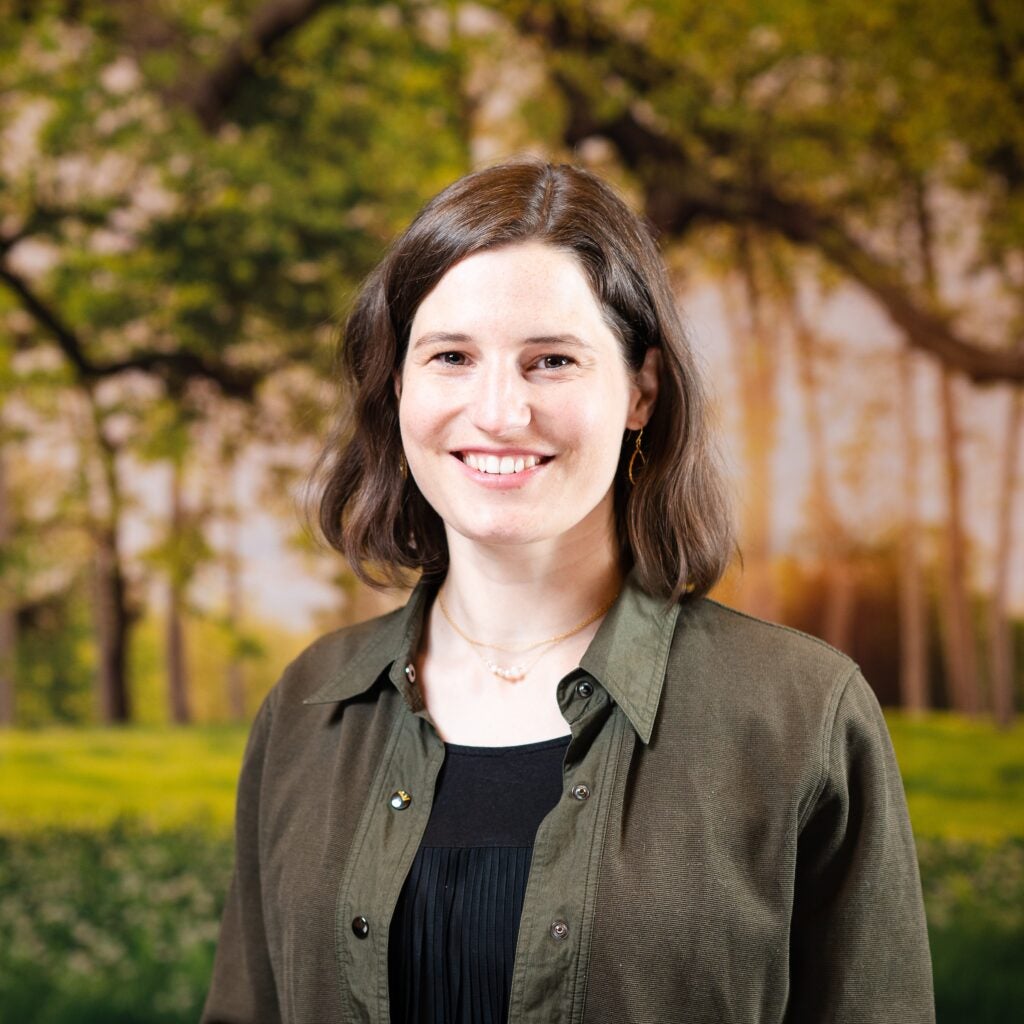
Stephanie joined EDF in 2021, after three years as a litigation associate at a law firm. Stephanie is a graduate of NYU Law, where she served as a Managing Editor of the NYU Environmental Law Journal. While in law school, Stephanie interned with organizations focusing on regulatory policy, environmental law, and environmental justice, as well as the EPA. She is admitted to practice in New York.
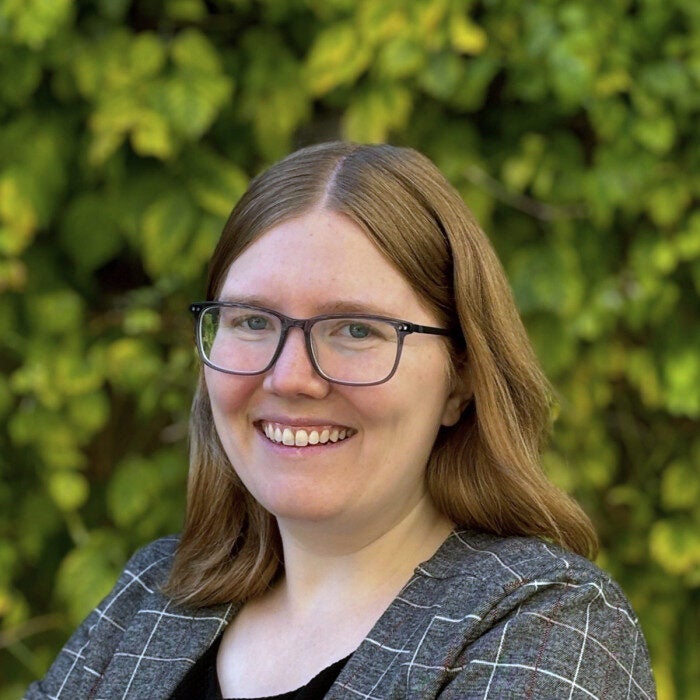
Pals clerked for the Honorable Pierre N. Leval of the U.S. Court of Appeals for the Second Circuit. She earned her J.D., magna cum laude, from New York University School of Law where she served as the Editor-in-Chief of the New York University Environmental Law Journal. During law school, she had the immense pleasure of working with Earthjustice’s Alaska team, Natural Resources Defense Council’s litigation team, Institute for Policy Integrity's regulatory policy clinic, and the New York State Office of the Attorney General's Environmental Protection Bureau. Prior to law school, Pals was a research analyst in environmental economics, researching ways to leverage predictive analytics to improve environmental policy implementation and enforcement at the local, state, and federal levels. She received her A.B., with general honors, from the University of Chicago, majoring in physics and economics.

Prior to joining the Sabin team, Fitch worked for the Department of Justice Antitrust Division’s front office. He earned a J.D. from Columbia Law School in 2024. While a student at Columbia, Fitch gained professional experience in the offices of the Senate Judiciary Committee, the Federal Trade Commission’s Rulemaking Group, the Second Circuit Court of Appeals, the New York State Office of the Attorney General’s Antitrust Bureau, and the Open Markets Institute. Prior to attending law school, Fitch was a weekly columnist for the Los Angeles Review of Books, and a Creative Writing professor at the University of Wyoming.
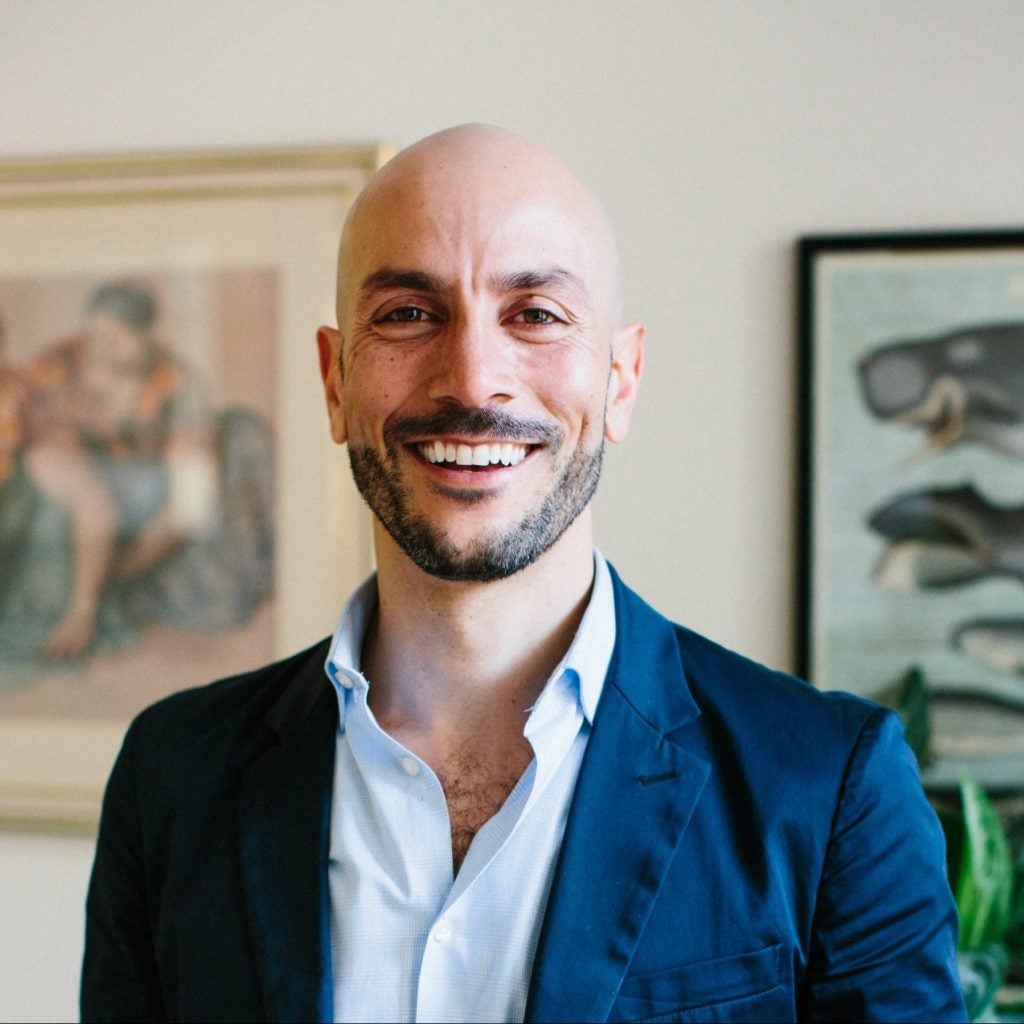
Ilmi is also a member of the Climate-related Financial Risk Advisory Committee (CFRAC) of the Financial Stability Oversight Council at the US Department of the Treasury, and a Visiting Senior Fellow at the Grantham Research Institute at the London School of Economics. llmi is a principal at the strategic advisory firm Climate Technology Group and at the private investment firm Adventure Capital and a Senior Advisor to the ClimateWorks Foundation, where he recently served as a Senior Director and established and led their Finance Program. Previously, Ilmi headed the Green Growth Business Unit at the Overseas Development Institute, served as the Special Counsel for Climate and Environment at the African Development Bank, practiced law in the global energy and infrastructure group at Freshfields, and worked at the United Nations Development Program. He holds a J.D. from New York University School of Law, master's degrees in international relations and environmental science from Yale University, and a B.A. (High Honors) from Swarthmore College.
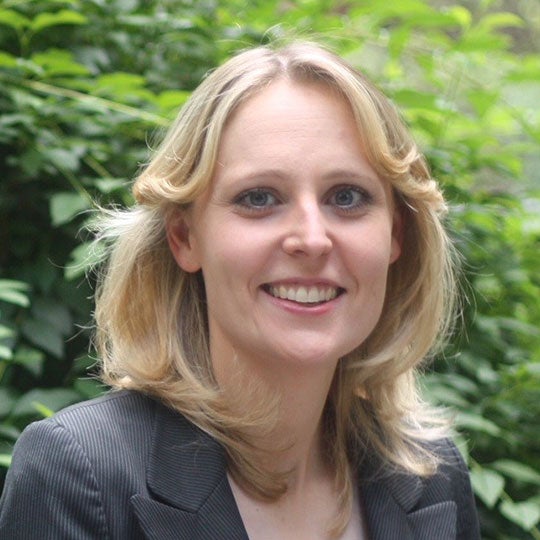
Prior to joining the Sabin Center, Romany worked at the University of California Berkeley Energy and Climate Institute, researching executive authority to combat climate change. Romany also completed a fellowship with the Kay Bailey Hutchison Center for Energy, Law, and Business at the University of Texas at Austin, where she researched energy policy. The fellowship followed several years working in private practice in Sydney, Australia.
Romany received an LL.M., with a certificate of specialization in environmental law, from the University of California, Berkeley in 2013. She also holds an LL.B., awarded with first class honors, from the University of New South Wales (Australia).
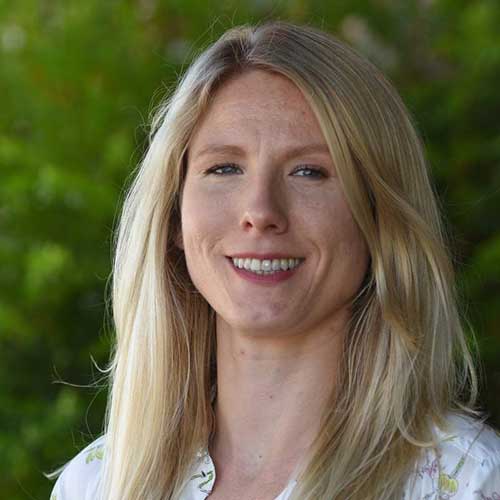
Jessica previously worked as a Visiting Associate Professor and Environmental Program Fellow at the George Washington University Law School. She is a 2012 graduate of Columbia Law School, where she was awarded the Alfred S. Forsyth Prize for “dedication to the advancement of environmental law.” She also has a B.A. in international development from the University of California, Los Angeles and an LL.M. in Energy and Environmental Law from the George Washington University Law School.
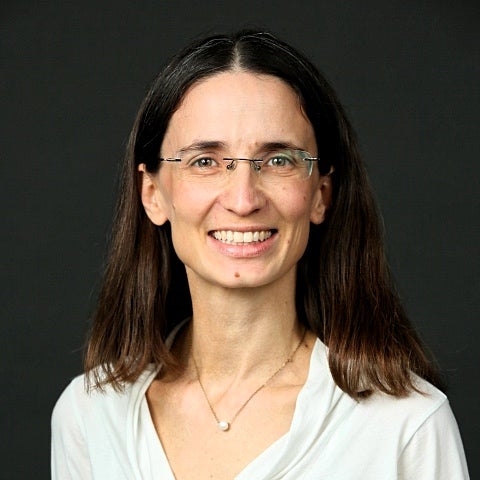
Dr. Kousky has worked with many communities on resilience strategies and developing inclusive models for insurance and disaster recovery. She is the vice-chair of the California Climate Insurance Working Group, a university fellow at Resources for the Future, a non-resident scholar at the Insurance Information Institute, and a member of the Roundtable on Risk and Resilience of Extreme Events at the National Academies of Sciences, Engineering, and Medicine. Dr. Kousky is currently an author for the economics chapter of the Fifth National Climate Assessment.
She has a B.S. in Earth Systems from Stanford University and Ph.D. in Public Policy from Harvard University.

Prior to joining EDF, Elle worked with Earthjustice as a legal fellow and clerked at the Alaska Supreme Court. Elle graduated from University of Michigan Law School, where she served as executive editor on the Journal of Environmental and Administrative Law and completed internships with the Southern Environmental Law Center, the Environmental Law and Policy Center, and the NY State Attorney General’s Office. Before law school, Elle received a B.A. in Global Environmental Change & Sustainability and Earth & Planetary Sciences from Johns Hopkins University. Outside of work, Elle’s interests include playing dungeons and dragons, running, and wood carving.
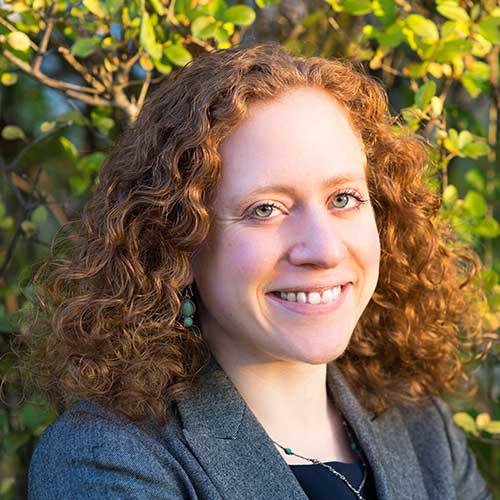
Prior to joining Policy Integrity, she was an attorney with the clean air team at the Environmental Defense Fund (EDF) in Washington, D.C. At EDF, she worked to defend climate and clean air protections from Trump-era regulatory rollbacks and advance future protections essential to safeguarding public health and the environment. Her portfolio included work to reduce greenhouse gas emissions from the power sector, protect communities from toxic air pollution, and uphold the use of the best available science in the regulatory process. Previously, she served as a climate law fellow at the Sabin Center for Climate Change Law at Columbia Law School. At the Sabin Center, she researched climate litigation trends and worked to develop legal and regulatory tools to increase climate resilience and advance efforts to adapt to a changing climate.
Dena earned her J.D. from Yale Law School and a Masters of Environmental Management from Yale School of the Environment. Dena received her B.A. magna cum laude from Brown University with honors in Environmental Studies.
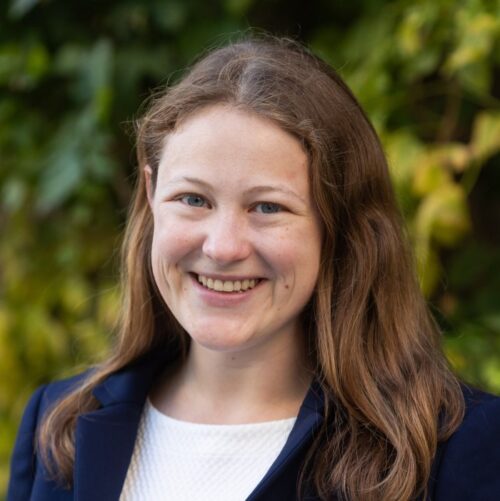
Erin received her law degree from Harvard Law School, concurrently completing a Master of Public Health with a specialization in Health Policy at the Harvard T.H. Chan School of Public Health. During her dual degree program, Erin volunteered as a Student Attorney at the Harvard Law School International Human Rights Clinic, where she worked on projects aimed at alleviating harms to human and environmental health from nuclear weapons, incendiary weapons, and other weapons of war. She holds a Bachelor of Arts in History from Harvard College.
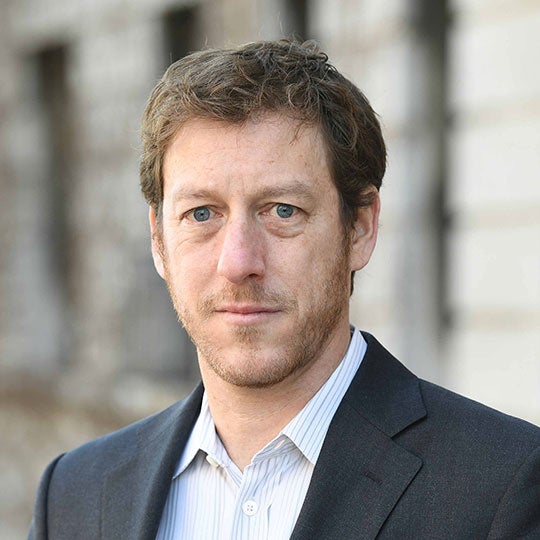
Prior to joining the Sabin Center Michael was an associate professor at Roger Williams University School of Law, where he taught environmental law, administrative law, and law and literature, and was founder and director of the Environmental and Land Use Law Clinical Externship program. He previously taught in the Lawyering Program at New York University School of Law, and served as an attorney in the Environmental Law Division of New York City’s Office of the Corporation Counsel. Michael is a graduate of Columbia Law School, where he was a Harlan Fiske Stone Scholar and an articles editor for the Columbia Journal of Environmental Law; and of Brown University, where he graduated magna cum laude and received the Ratcliffe Hicks Prize for highest standing in language and literature. He also holds a Master of Fine Arts degree from the Creative Writing program at NYU.
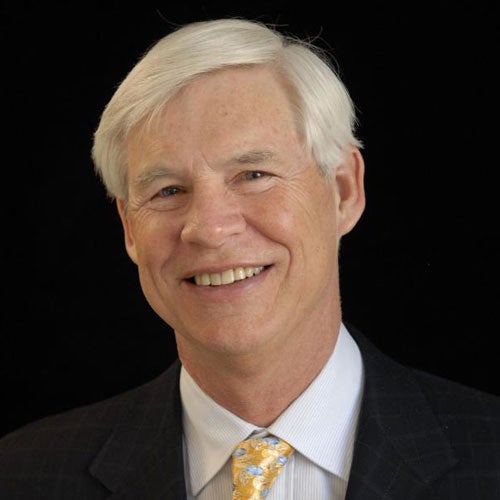
Professor Engle is an expert in time series analysis with a long-standing interest in the analysis of financial markets. His ARCH model and its generalizations have become indispensable tools not only for researchers, but also for analysts of financial markets. Many of these methods are now featured in the innovative public web site, V-LAB, where daily estimates of volatilities and correlations for more than a thousand assets can be found. These forecasts use both traditional and state of the art statistical methods. These computations are used in evaluating portfolio risk, asset allocation, derivative pricing and systemic risk measures now incorporated in the NYU Stern Systemic Risk Rankings. His research has produced such innovative statistical methods as cointegration, common features, autoregressive conditional duration (ACD), CAViaR, and DCC models. Now multiplicative error models (MEM) and factor spline garch (FSG) combine these into ever more powerful statistical tools.
Professor Engle is the Director of the NYU Stern Volatility Institute and a co-founding president of the Society for Financial Econometrics (SoFiE), a global non-profit organization housed at NYU. Before joining NYU Stern in 2000, he was Chancellor’s Associates Professor and Economics Department Chair at the University of California, San Diego and Associate Professor of Economics at MIT. He is a member of the National Academy of Science.
He received his Bachelor of Science from Williams College and his MS in Physics and PhD in Economics from Cornell University. He grew up in Media, Pennsylvania, spent 25 years in San Diego and now lives in New York City.
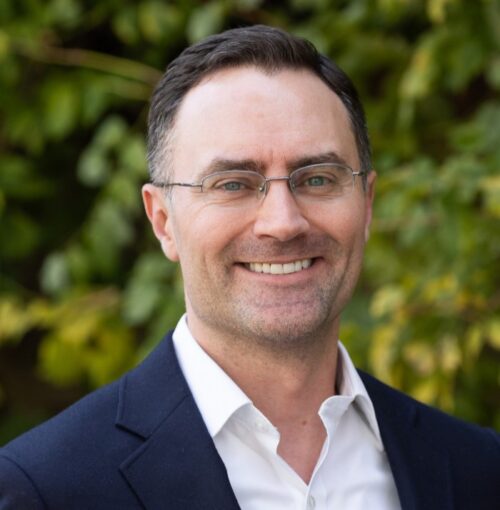
Don’s substantive work focuses on litigation and appellate advocacy, cross-cutting legal issues affecting Policy Integrity, and climate-related financial risk. He has authored numerous briefs in federal courts and articles on emerging developments in administrative law, including the major questions doctrine.
Before joining Policy Integrity, Don clerked for Associate Justices Anthony M. Kennedy and John Paul Stevens (Ret.) of the U.S. Supreme Court; Chief Judge Robert A. Katzmann of the U.S. Court of Appeals for the Second Circuit; and Judge Alison J. Nathan of the U.S. District Court for the Southern District of New York (now of the U.S. Court of Appeals for the Second Circuit). He also worked at multinational law firms, where he focused on appellate advocacy and dispositive motion practice, especially in the area of securities litigation.
He received a J.D. magna cum laude from New York University School of Law, two M.Sc. degrees from the University of Oxford (St. Antony’s College), and a B.A. summa cum laude from The George Washington University.
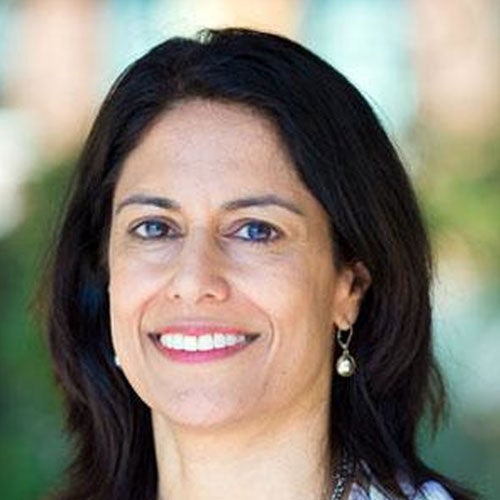
Namrita began her capital markets focus by launching and leading the alternative energy franchise at the investment bank Adams, Harkness & Hill, now Canaccord Genuity. She is best recognized for being second-in-command in developing the products and platform of Root Capital – an early leader of the impact investing space. As former Managing Director at Environmental Defense Fund (EDF), she built and led EDF’s Sustainable Finance strategy.
In her entrée to philanthropy, Namrita developed and implemented Eileen Rockefeller Family Foundation’s approach to organizational development. This involved establishing a partnership with the Ford Foundation’s $1 billion BUILD program and working closely with grantees to develop 3-year business plans and organizational strengthening strategies. In parallel, she helped convene and coordinate $75 million of annual global grant-making across 40+ funders worldwide to transition to a clean energy future.
Namrita is an angel investor in the Portfolia fund of funds, which focuses on educating and activating female angel investors. She is also a member of Pipeline Angels, since graduating from their angel investing boot camp.
She serves on the Boards of Environmental League of Massachusetts, Center for Business & Environment at Yale, IE-Brown Executive MBA Program, and the Museum of Science. She holds an MBA and a MA of Environmental Management from Yale University, and a Bachelor’s degree in Molecular Biology from Princeton. As a mother of two strong girls, she enjoys imbuing them with her love of foreign languages and is teaching them Hindi and Spanish.
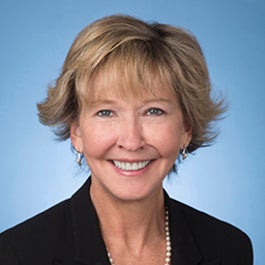
Ms. Kelly’s knowledge of the national electric and natural gas industries includes significant experience in infrastructure development and operation, market structures and financial products, emerging technologies, federal and state laws and regulations, impending policy changes and domestic/international market interrelations. She is an experienced litigator on energy and environmental matters in federal and state courts.
Nominated by Presidents George W. Bush and Barack Obama to three terms as a FERC Commissioner, Ms. Kelly resolved 7,000 disputes with published Commission decisions and personally authored 100 separate statements during her tenure. She is credited with spearheading change in numerous regulatory policies, including transmission interconnection and planning reform, integration and deployment of renewables and smart technology into the grid, the inclusion of smart grid demonstration grants in the stimulus effort, and natural gas quality standards.
Ms. Kelly was recently appointed to the board of the American Wind Energy Association (AWEA) and has served as chair of energy industry practices at two international law firms. She served as regulatory counsel for the California Independent System Operator, and in 1999, she worked as a legislative aide to Senator Jeff Bingaman, then the ranking member of the Senate Energy & Natural Resources Committee. For more than 15 years, she was a professor at the University of New Mexico School of Law where she taught energy law, utility regulation, administrative law and legislative process. She also served as chairwoman and commissioner for the New Mexico Public Service Commission and was a lawyer for the Natural Resources Defense Council and US Environmental Protection Agency.
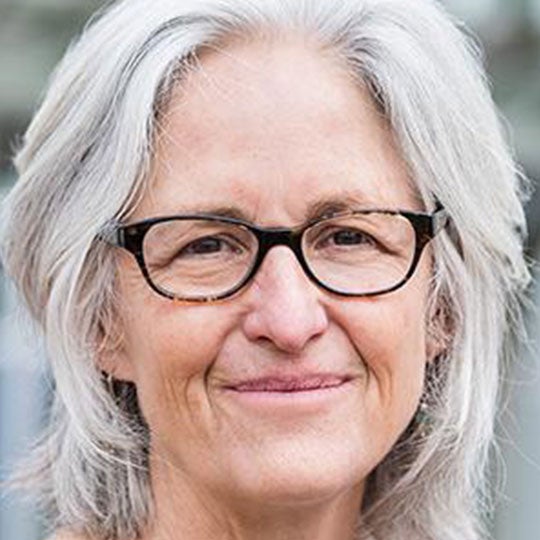
Prior to EDF, she served in the Environmental Protection Agency’s Office of General Counsel where she implemented the historic 1990 Clean Air Act Amendments and received the Gold Medal for Exceptional Service. She has received the Air & Waste Management Association’s Richard Beatty Mellon Environmental Stewardship Award, the Wirth Chair Award for Creative Collaborations in Sustainability, and the Healthy Community Award received from her local health department for her efforts to address mercury air pollution. Vickie is a co-founder of Moms Clean Air Force, serves on the Boards of the Environmental Law Institute and Earthshot, and in 2013 was inducted as a Fellow of the American College of Environmental Lawyers.
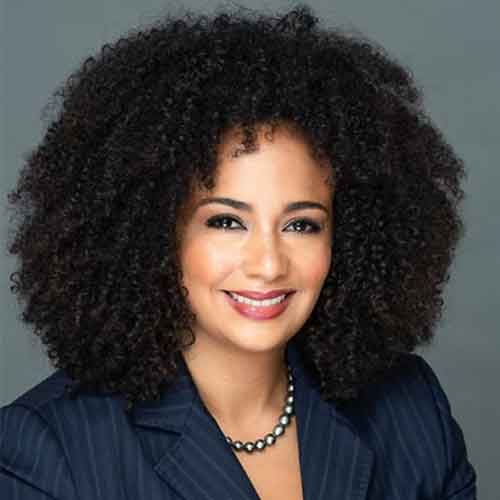
Ms. Salter is an experienced advocate, having practiced energy law and regulation in multiple jurisdictions, including New York and Hawaii. Raya has worked with environmental and climate justice advocates since 2019 to implement the CLCPA, has testified before congress about its implementation and is an environmental justice advisor to the House Committee on Oversight and Reform and the House Committee on Natural Resources. She is one of the nation's leading Justice40 experts. Ms. Salter has a J.D. from Fordham University School of Law and a B.A. in economics from Wesleyan University.
Raya is an adjunct professor of law at Cardozo Law School and has written widely on energy policy. Her book "Energy Justice, Domestic and International Perspectives" was released by Edward Elgar in 2018.
Raya was named one of the "Energy and the Environment Power 100" by City and State New York Magazine in 2020 and 2021. In 2021 she was honored by New York Lawyers for the Public Interest with the Fishman Access to Justice Award. Raya was named a "Climate Hero" by the Human Impacts Institute in 2019.
In previous roles, Raya was the Lead Policy Organizer for the NY Renews Climate Justice Coalition, a Senior Attorney at the Natural Resources Defense Council and a Regulatory Attorney for the Environmental Defense Fund.
Ms. Salter serves as Board Member for EESI and on the Advisory Boards of Evergreen Action, Our Climate and the Initiative for Climate Risk and Resilience Law, a joint initiative of Columbia Law School’s Sabin Center for Climate Change Law, Environmental Defense Fund, the Institute for Policy Integrity at New York University School of Law, and Vanderbilt Law School. She also serves on the Coalition for Green Capital Environmental Justice Advisory Board.
Raya is also a climate and energy content creator and media host. She has produced and been featured as an expert host, advocate and storyteller in print, online and television, including national advertisements for Verizon.
Prior to becoming an environmental advocate, Raya worked as a regulatory attorney at the law firm of Dewey & LeBoeuf in New York City, representing energy industry participants in matters relating to regulation by state public utility commissions and federal agencies, transactions involving energy assets, participation in organized electric markets and inter and intra-state transmission.
Before becoming a lawyer, Ms. Salter worked in community-based organizations teaching technology to youth and adults and developing summer and after school programming.
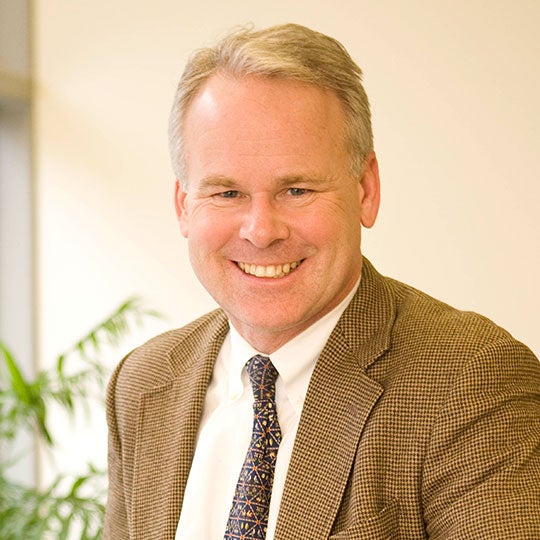
Before joining Vanderbilt’s law faculty, Professor Vandenbergh was a partner at a national law firm in Washington, D.C. He served as Chief of Staff of the U.S. Environmental Protection Agency from 1993 to 1995. He began his career as a law clerk for Judge Edward R. Becker of the U.S. Court of Appeals for the Third Circuit in 1987-88. In addition to directing Vanderbilt’s Climate Change Research Network, Professor Vandenbergh serves as co-director of the law school’s Energy, Environment and Land Use Program. He was named a David Daniels Allen Distinguished Professor of Law in fall 2013. A recipient of the Hall-Hartman Teaching Award, he teaches courses in environmental law, energy, and property. Professor Vandenbergh has been a visiting professor at the University of Chicago Law School and at Harvard Law School. He is a fellow of the American College of Environmental Lawyers and a member of the Board on Environmental Change and Society of the National Academies of Sciences, Engineering and Medicine.
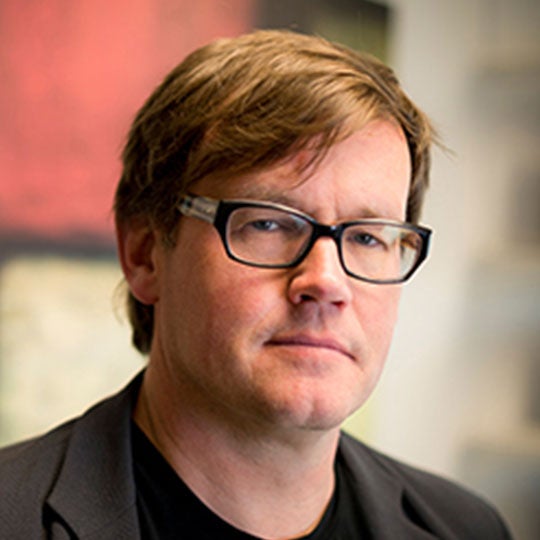
His research focuses on regulated industries and how regulation affects the operation of major energy markets. Much of his research is at the intersection of climate change science and policy. Victor authored "Global Warming Gridlock," which explains why the world hasn't made much diplomatic progress on the problem of climate change while also exploring new strategies that would be more effective. The book was recognized by The Economist as one of the best books of 2011.
Victor was a convening lead author for the Intergovernmental Panel on Climate Change (IPCC), a United Nations-sanctioned international body with 195 country members that won the Nobel Peace Prize in 2007. Victor has been tapped by Southern California Edison to lead the company’s Community Engagement Panel for decommissioning of the San Onofre Nuclear Power Plant. According to utility officials, he was chosen to lead the panel because he has the vision, leadership and experience to bring together a diverse group of concerned people. Victor, in 2016, was appointed to Co-Chair, The Brookings Institution, Initiative on Energy and Climate. He is a member of the World Economic Forum’s Global Future Council on Energy, where his work focuses on the role of natural gas as a transition fuel to deep decarbonization as well as a member of the Council on Foreign Relations. In 2020, Victor was elected to the American Academy of Arts and Sciences, one of the oldest and most esteemed honorary societies in the nation.
At UC San Diego, Victor and researchers at the Deep Decarbonization Initiative work at the intersection of science, technology and policy. They are focused on helping the world cut emissions of warming gases given the very real technology, economic and political constraints that exist.
Affiliate Scholars
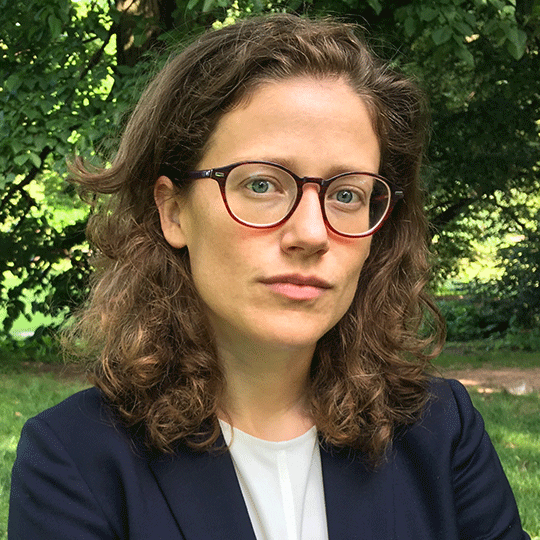
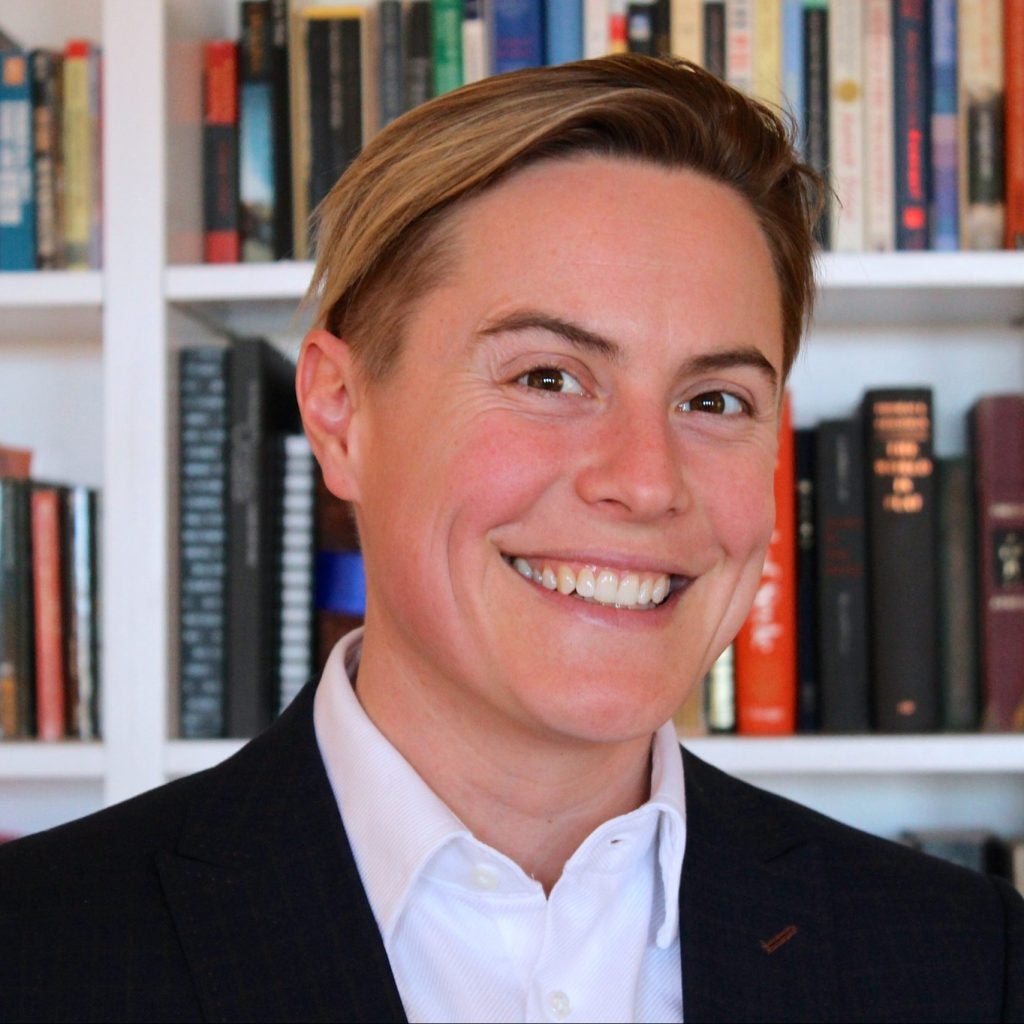
Prior to joining the academy, Shanor was a practicing lawyer in the National Legal Department of the American Civil Liberties Union, where she worked on the organization’s Supreme Court litigation and national strategy. This included Masterpiece Cakeshop, a case involving a bakery that declined to sell a wedding cake to a gay couple. Shanor was previously a fellow at Georgetown University Law Center’s Center on National Security & the Law where she litigated constitutional and national security cases including Humanitarian Law Project v. Holder.
Shanor’s scholarship has been published in the Columbia Law Review, the New York University Law Review, the UCLA Law Review, the Emory Law Review, the Wisconsin Law Review, the Harvard Law Review Forum, and the Yale Law Journal Forum, among others. She is a regular contributor to legal blogs, including SCOTUSBlog, and is the co-author of a textbook on counterterrorism law. Shanor teaches first-year Constitutional Law at Penn Law and has also taught at Yale and Georgetown law schools. While an academic, Shanor has continued to litigate, file amicus briefs, and advise and moot advocates on speech, equality, and other constitutional issues, including in 303 Creative v. Elenis, Bostock v. Clayton County, and the SEC’s proposed climate disclosure rule.
Shanor is a graduate of Yale Law School and Yale College and holds a PhD in law from Yale University. She served as a law clerk to Judges Cornelia T.L. Pillard and Judith W. Rogers on the D.C. Circuit, and Judge Robert W. Sweet in the Southern District of New York.
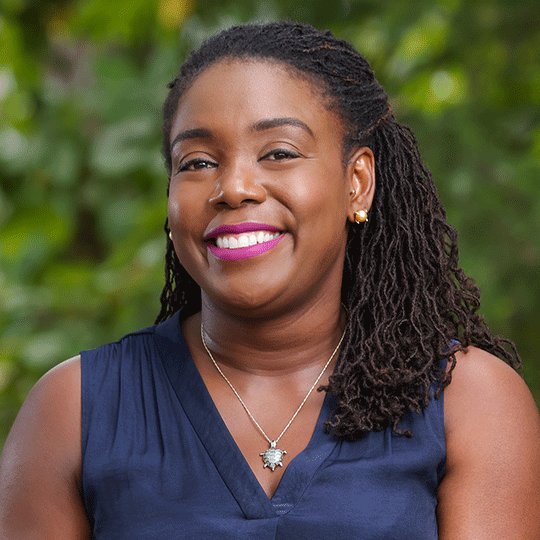
Fletcher has testified before the U.S. Senate on financial market structure, investor protection, and market integrity. She serves as a member of the U.S. Securities and Exchange Commission Investor Advisory Committee and as a member of the Financial Industry Regulatory Authority Investor Issues Committee. Fletcher was also recently a member of the Regenerative Crisis Response Committee, which sought to identify and recommend changes in fiscal, monetary, and financial regulatory policy to achieve carbon neutrality by 2050.
Prior to joining Duke Law, Fletcher was an Associate Professor at Indiana University Maurer School of Law and a Visiting Assistant Professor at Cornell Law School. Before entering academia, she was an associate at Gibson Dunn & Crutcher in Washington, D.C., where she specialized in securities regulation, mergers and acquisitions, banking, and corporate governance. Fletcher received her B.A. magna cum laude from Mount Holyoke College and her J.D. cum laude from Cornell Law School.
